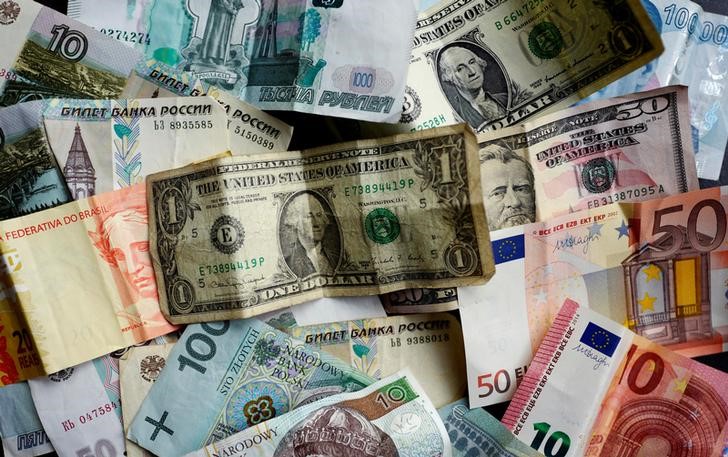By Greg Roumeliotis and Pamela Barbaglia
(Reuters) - Acquisitions of European companies surged in recent months, amid optimism about the region's economic prospects, but global deal-making subsided and the total value of U.S. deals fell sharply due to uncertainty about President Donald Trump's tax reform and deregulation agenda.
Mergers and acquisitions in Europe rose 45 percent year-on-year to $234 billion in the second quarter, as companies bet the region's economies will bounce back, according to Thomson Reuters data released on Thursday.
Global M&A dropped 12 percent to $771 billion, however, and U.S. M&A dropped 36 percent to $281 billion.
"The EU recovery is happening and has made companies more attractive even if there are increased regulatory hurdles," said Hernan Cristerna, global M&A co-head at JPMorgan Chase & Co (N:JPM).
In the second quarter, Italian toll road operator Atlantia SpA (MI:ATL) made a 16.3 billion euro ($18.64 billion) offer for Spanish peer Abertis Infraestructuras SA (MC:ABE), while chemicals companies Huntsman Corp (N:HUN) and Clariant AG (S:CLN), of the United States and Switzerland, respectively, agreed a $14 billion merger.
The United States also saw some big deals, including U.S. medical equipment supplier Becton Dickinson and Co's (N:BDX) $24 billion acquisition of peer C R Bard Inc (N:BCR).
But U.S. M&A volume, as measured by the total value of deals, was down. The number of deals stayed almost flat year-on-year, but the average size of transactions decreased.
"Some U.S. companies are in wait-and-see mode because they are still seeking clarity on the tax and regulatory reforms that the Trump administration has been promising. This kind of uncertainty is a major obstacle to mega-deals," said Bill Curtin, global head of M&A at law firm Hogan Lovells.
Coupled with high stock market valuations, the uncertainty around U.S. President Donald Trump's policy agenda reduced the appetite of many North American chief executives for major deals.
"Corporates are still actively acquiring, but they are taking less risk, so there are fewer transformational deals and the mix of M&A has shifted toward more mid-sized transactions," said Matt McClure, head of Americas M&A for Goldman Sachs Group Inc (N:GS).
Regulatory risks to deals closing has been another factor weighing on deals. The European Commission has been flexing its antitrust muscle, while expectations that the Trump administration will adopt a more merger-friendly stance have yet to meaningfully materialize.
Nevertheless, for some companies the adverse environment offers a window to make a bold acquisitive move with little competition. For example, Amazon.com Inc (O:AMZN) clinched a $13.4 billion deal for U.S. grocer Whole Foods Market Inc (O:WFM) earlier this month, which has yet to trigger any rival offers.
"There is a subset of companies which view the current environment as an opportunity. There is a little bit of a 'dare-to-be-great' mentality," said Michael Boublik, chairman of Americas M&A at Morgan Stanley (N:MS).
In the Asia-Pacific region, M&A volumes were almost flat in the second quarter at around $207 billion. Many dealmakers say global activity could increase in the second half of the year, particularly if there is more macroeconomic certainty in the United States.

"Our outlook for the second half remains positive. Economic activity is strengthening, corporate earnings are robust, and financing markets remain very attractive," said Barclays Plc (L:BARC) Americas head of M&A Larry Hamdan.